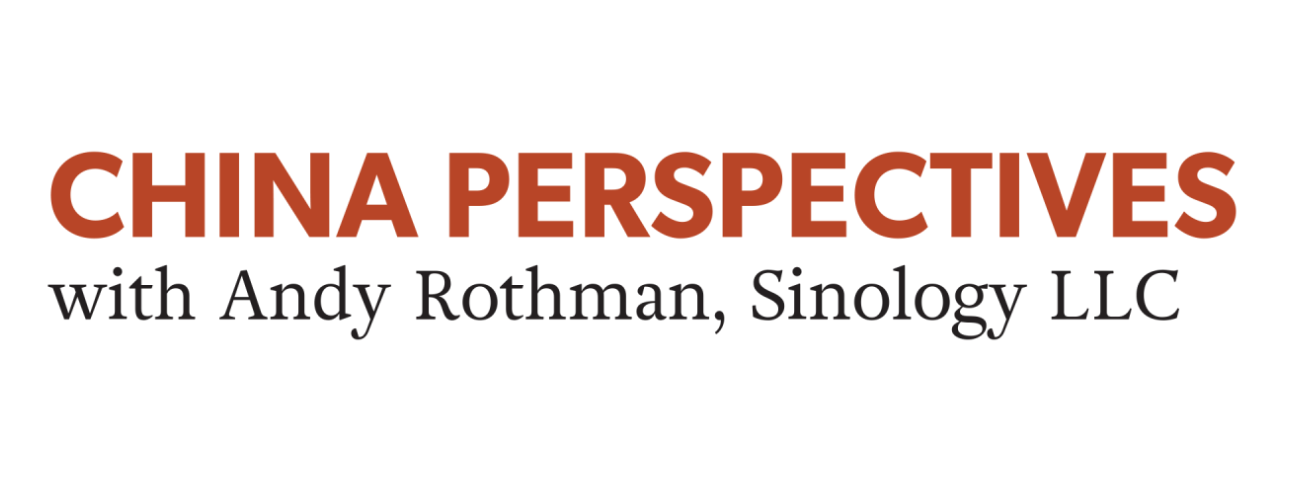The Chinese government today called Trump’s export control bluff and raised the stakes with new rare earth restrictions. This is all part of Beijing’s strategy to prepare Xi to meet with Trump later this month, and is intended to help the two reach a deal, not scuttle the negotiations.
On October 9, Beijing announced sweeping new restrictions on the downstream use of rare earth materials, including magnets, in global supply chains. Given China’s dominance in the processing and production of these materials, the restrictions could have a dramatic impact on foreign manufacturers of semiconductor, electronics, autos and weapons.
This is not, however, an effort to blow up the expected Xi-Trump meeting on the margins of APEC in Korea. Rather, it is a continuation of the negotiating strategy that Beijing believes is best suited to managing the mercurial and transactional US president.
In my meetings in Beijing last month, I heard that China feels its tough response to Trump’s “liberation day” tariffs has been successful. The view was that Trump admires strength and was impressed by China’s decision to push back harder than any other trading partner, with its own tariffs and export controls, to whatever Washington threw at them.
Chinese officials watched other leaders use flattery and grand ceremonies to woo Trump, only to see those efforts fail to result in any tariff cuts.
So, when the US Department of Commerce published on September 30 new rules designed to disrupt cooperation with Chinese companies in sectors such as semiconductors, biotech and aerospace, Beijing was prepared to call Trump’s bluff and up the ante.
On the first day back at work after the week-long National Day holiday, China responded with measures designed to grab Trump’s attention. It worked. A White House official told the FT that China’s action appears to be an “effort to exert control over the entire world’s technology supply chains.”
It is important to note that today’s move by Beijing is part of its strategy to close a trade deal with the US later this month by playing Trump’s game forcefully, and is not intended to disrupt a deal.




